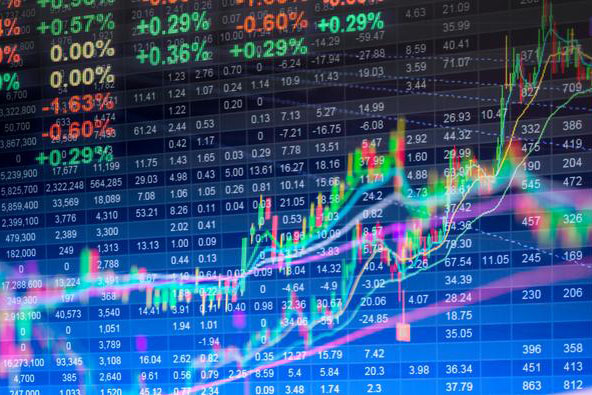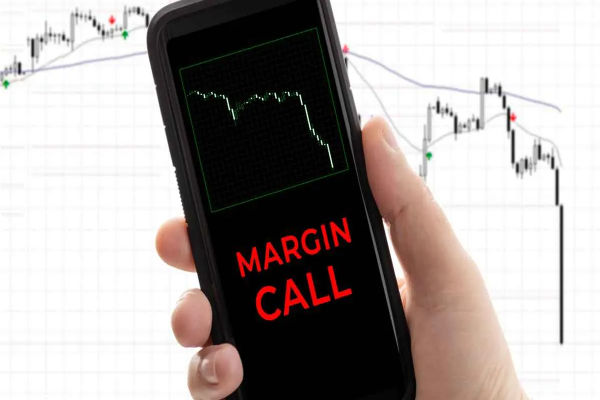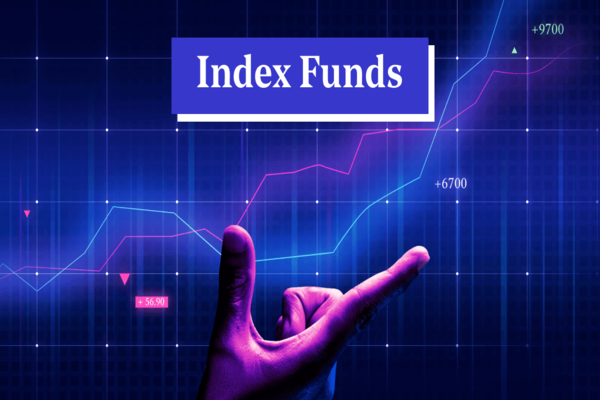 Summary:
Summary:
The trading rules of the Hang Seng Index refer to the benchmark of the Hang Seng Index, which is the Weighted arithmetic mean of the market value of a certain number of stocks listed on the Hong Kong Stock Exchange according to market value, liquidity, and other factors.
The Hang Seng Index is the main stock index of the Hong Kong stock market and
is managed by the Hong Kong Stock Exchange. The trading rules of the Hang Seng
Index refer to the benchmark of the Hang Seng Index, which is the Weighted
arithmetic mean of the market value of a certain number of stocks listed on the
Hong Kong Stock Exchange according to market value, liquidity, and other
factors.

The trading rules and fees for the Hang Seng Index are as follows:
1. Trading time: The trading time of the Hang Seng Index is the same as that
of the Hong Kong Stock Exchange, that is, 9:30 a.m. to 4:00 p.m. from Monday to
Friday.
2. Trading mode: The trading mode of the Hang Seng Index is the same as that
of other stocks, which can be traded through stock exchanges, stockbrokers, or
online trading platforms.
3. Trading unit: the trading unit of the Hang Seng Index is 100 shares per
hand.
4. Transaction costs: The transaction costs of the Hang Seng Index include
commission, stamp duty, and transaction levy. Commission is the fee that
investors need to pay to a stockbroker when trading. It is generally a certain
proportion of the trading amount, and the specific proportion is determined by
the brokers. Stamp duty is a tax levied by the Hong Kong government on
Securities trading that is required to be paid at both the time of purchase and
sale. It is 0.1% of the transaction amount at the time of purchase and 0.2% of
the transaction amount at the time of sale. The transaction levy is a fee levied
by the Hong Kong Stock Exchange on transactions that is required to be paid at
both the time of purchase and sale. It is 0.0027% of the transaction amount at
the time of purchase and 0.005% of the transaction amount at the time of
sale.
5. Trading restrictions: The trading restrictions of the Hang Seng Index are
the same as those of other stocks, including the limit on rise and fall, trading
day restrictions, etc.
6. Trading risk: The trading risk of the Hang Seng Index is the same as that
of other stocks, including market risk, company risk, policy risk, etc.
In a word, the trading rules and fees of the Hang Seng Index are similar to
those of other stocks, but because it is the main stock index in the Hong Kong
stock market, its trading volume and activity are high, so investors need to pay
attention to trading risks and market changes. When trading the Hang Seng Index,
investors should understand the trading rules and costs and make investment
decisions according to their risk tolerance and investment objectives.







